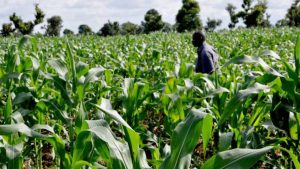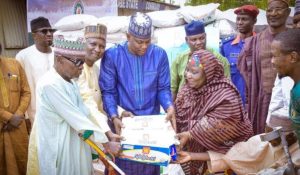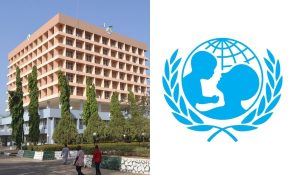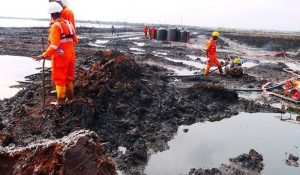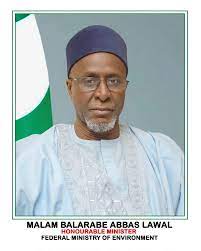
Nigeria Launches Eco-Schools Initiative to Foster Climate Literacy and Sustainable Living
In a strategic effort to promote environmental stewardship and enhance climate literacy among young Nigerians, the Federal Government has introduced the Eco-Schools Initiative. This forward-thinking program, launched by the Department of Climate Change (DCC) under the Federal Ministry of Environment, focuses on educating schoolchildren in Abuja about sustainable living and climate action.
The initiative was unveiled on Thursday, January 16, 2025, during a two-day climate change awareness workshop held in the Federal Capital Territory (FCT). The event marked a significant step in Nigeria’s commitment to building climate-resilient communities through education and youth empowerment.
Empowering the Next Generation
A key highlight of the launch was the distribution of a comprehensive handbook, designed to serve as a resource for fostering knowledge sharing and practical action toward sustainability. Speaking on behalf of Dr. Iniobong Abiola-Awe, Director of the DCC, Dr. Aliyu Musa Yanure emphasized the critical role of education in addressing the climate crisis.
“We will empower our students to become champions in their communities, driving initiatives that have a positive impact in their lives,” Dr. Abiola-Awe stated.
Green Champions Leading the Way
The initiative aligns closely with the Federal Capital Territory’s development plan, which prioritizes environmental sustainability. Dr. Adedolapo Fasawe, Secretary for Health and Environment for the FCT, highlighted tree planting as a central strategy, with secondary schools playing a pivotal role in the campaign.
“We currently have green champions drawn from 40 schools and hope to expand it further to other schools in the FCT,” Dr. Fasawe remarked.
These “green champions” will spearhead activities aimed at reducing environmental degradation, promoting sustainable practices, and inspiring their peers to take action.
Broad-Based Support and Expansion
The Eco-Schools Initiative is backed by key partners, including the European Union, UNICEF, Save the Children International, and the FCT Secretariat. While the pilot phase focuses on schools in the Abuja Municipal Area Council (AMAC), the program will eventually extend to all six area councils of the FCT: Kwali, Gwagwalada, Kuje, Bwari, and Abaji.
Interactive Learning for Climate Action
During the workshop, students engaged in hands-on learning through interactive sessions, exploring the handbook’s content, playing the Play, Learn, and Act Now (PLAN) game, and participating in discussions on climate change. This participatory approach ensures that young learners are not only informed but also equipped to take meaningful actions in their communities.
A Commitment to Global Climate Goals
The Eco-Schools Initiative underscores Nigeria’s commitment to addressing the global climate crisis by empowering its youth with the knowledge and skills needed to create a sustainable future. By integrating environmental education into schools and fostering active participation, the program sets a strong foundation for long-term environmental resilience and sustainable development in Nigeria.



